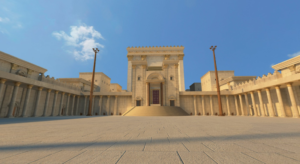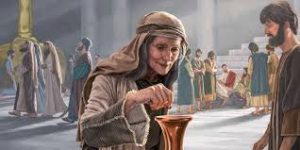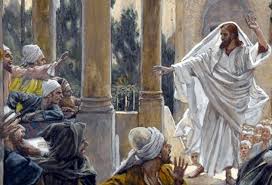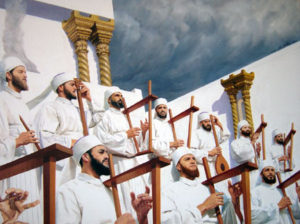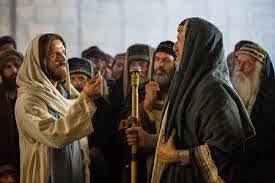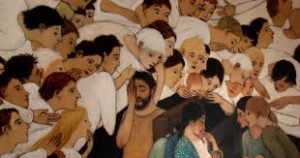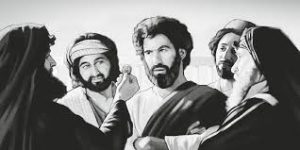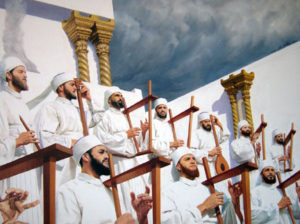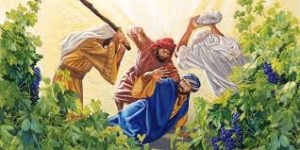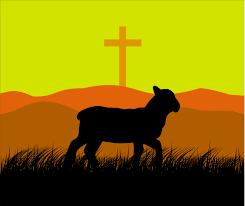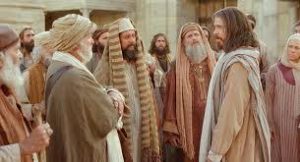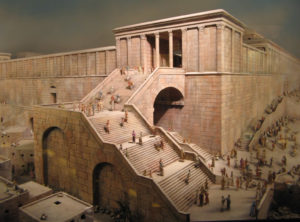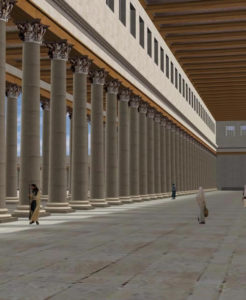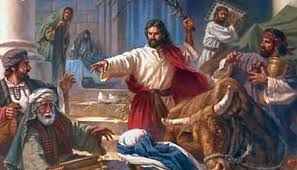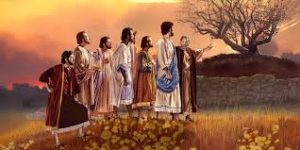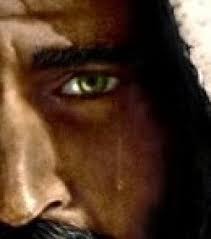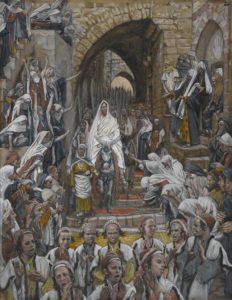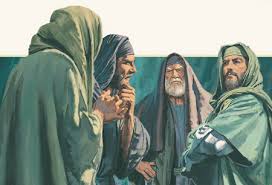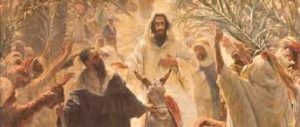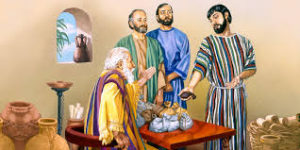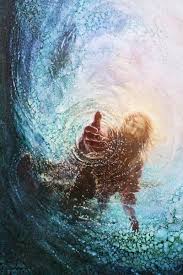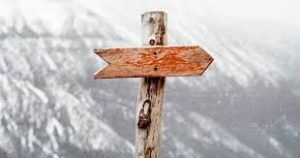Jf – The Preparation for the Death of King Messiah
The Preparation for the Death of King Messiah
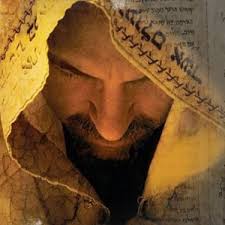
This begins that last major section before the death and resurrection of Christ. Everything up to now has been prologue, introduction to the great conclusion, which focuses on the cross of Yeshua ha-Mashiach.
On Wednesday the thirteenth of Nisan, the Pharisees had finished their examination of Jesus and from that day on no one dared to ask Him any more questions. Christ pronounced seven woes on the Torah-teachers and Pharisees, so they schemed to arrest and kill Him. Later that day Yeshua commented on the widow’s offering before He and His twelve apostles left Jerusalem. As they were returning to Bethany, Messiah and His talmidim paused on the Mount of Olives and viewed the Temple. There He answered three questions and taught them about His Second Coming.
After sundown on Thursday the fourteenth of Nisan Jesus was invited to the home of Simon, the leper, for dinner. There, Mary, the sister of Lazarus, anointed Him with expensive perfume for burial. It was then that the Lord rebuked Judas for wanting to sell the expensive perfume made of pure nard so the money could be given to the poor. Then Judas left Bethany, walked to the palace of Caiaphas the high priest in the City of David and agreed to betray the Son of God.
As the sun went down, Thursday turned to Friday the fifteenth of Nisan and the Passover Seder was celebrated in the Upper Room. Late that evening, all during the night, and early into the day, the history of mankind changed forever. Jesus agonized at Gethsemane, was betrayed by Judas, arrested and tried by both the Jews and the Romans.



